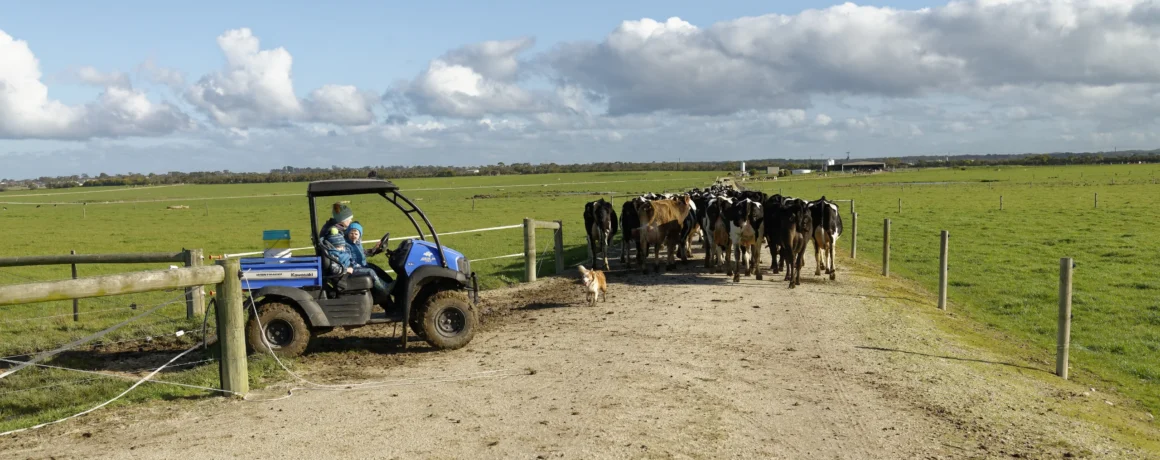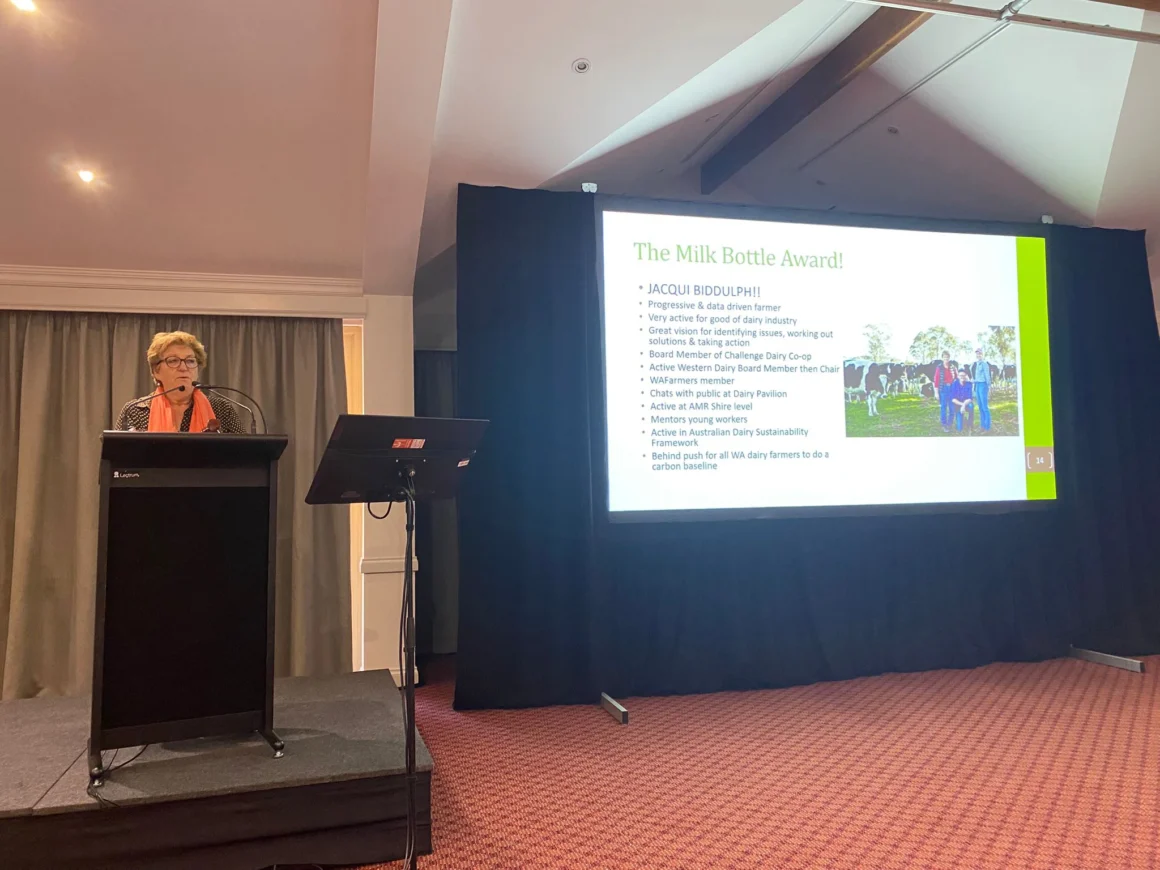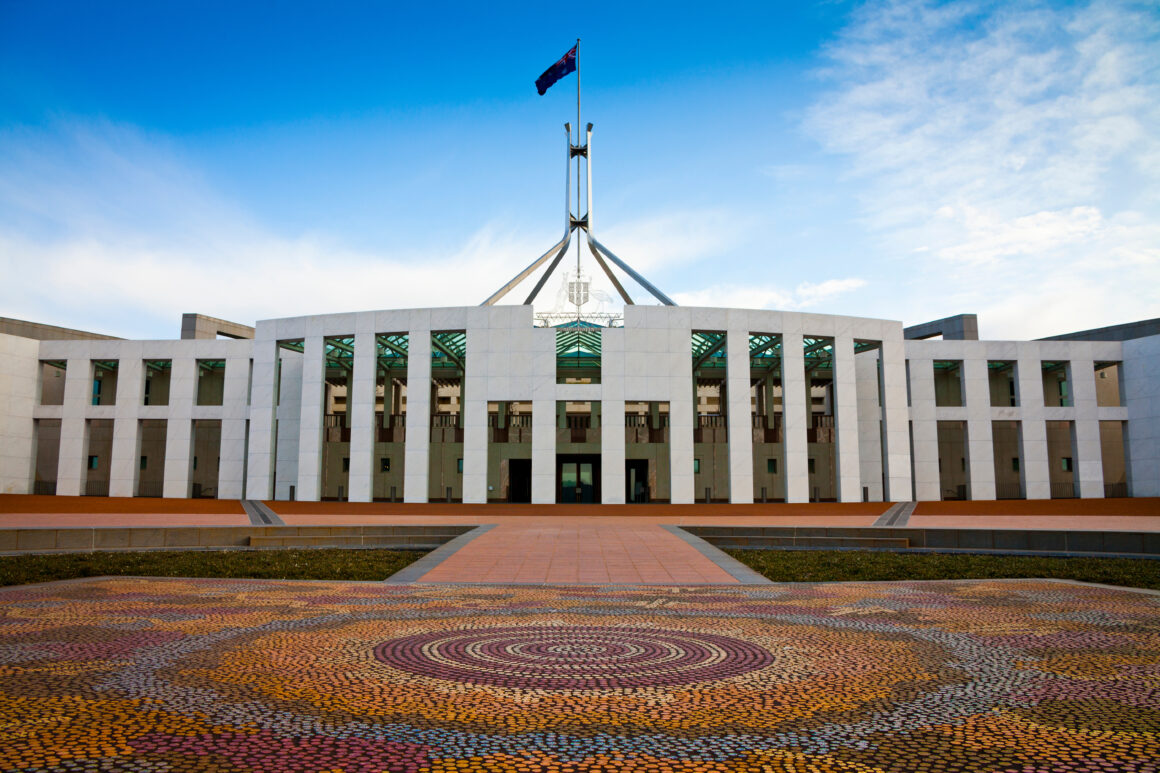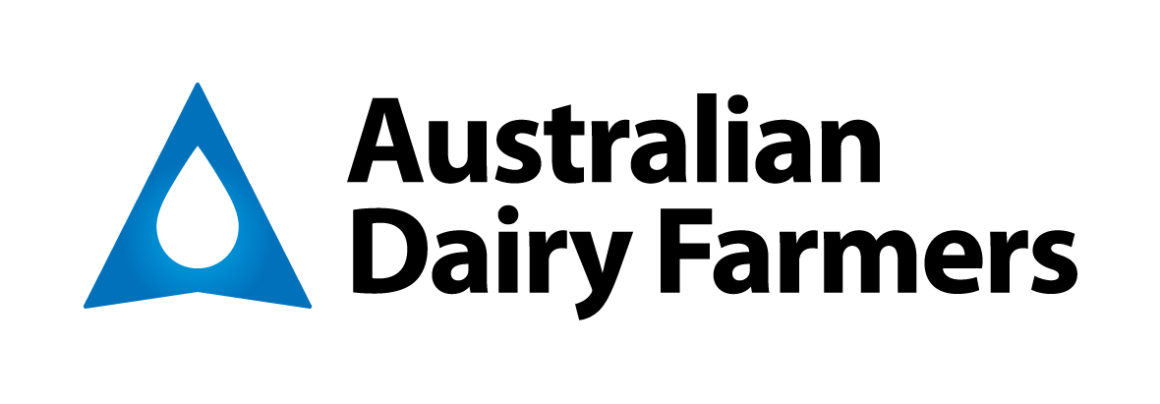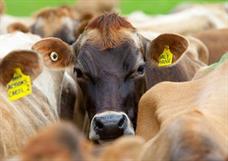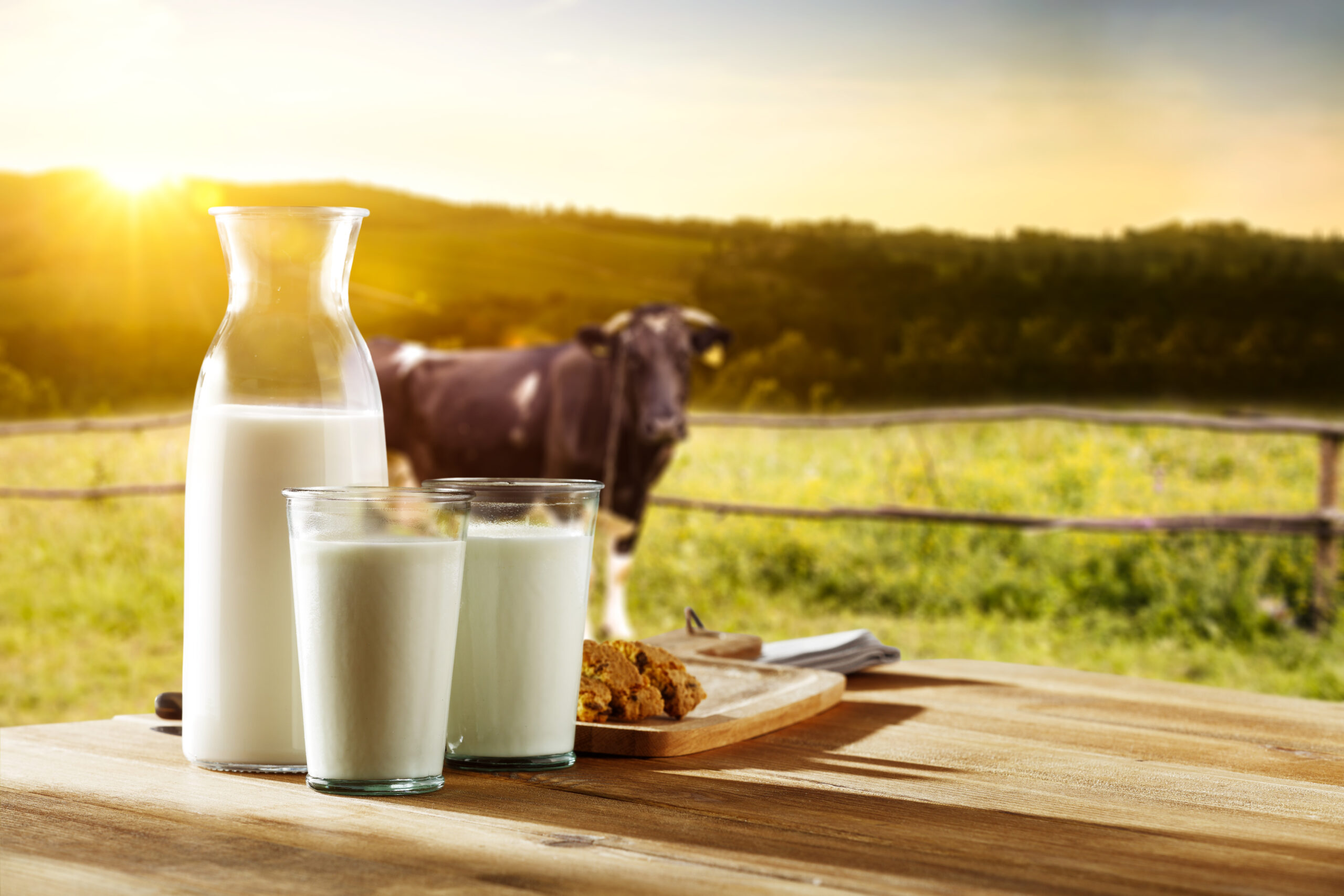By Ben Bennett, President, Australian Dairy Farmers
Last week’s Dairy Australia Annual General Meeting (AGM) marked a pivotal moment for our industry.
While a resolution to remove the Australian Dairy Products Federation’s (ADPF) Group B membership from Dairy Australia was ultimately voted down, it succeeded in achieving something far more important.
It brought processors to the negotiating table and reignited a long-overdue conversation about the governance and funding of our industry’s research and development corporation (RDC).
For too long, dairy farmers – the primary funders of Dairy Australia through tens of millions in levy contributions – have watched as processors, through ADPF, wield disproportionate influence over how farmers’ RDC levies are spent.
As a Group B member, ADPF influences Dairy Australia’s strategic direction, board selections, and operating plans.
The resolution, put forward by Australian Dairy Farmers (ADF), was designed to rebalance this equation, giving farmers a greater say in how their hard-earned levy funds are governed.
I am not at all opposed to ADPF being consulted by Dairy Australia on matters to improve industry productivity and profitability. But I do think it’s fair that processors contribute to core operational funding in return for the privilege to, in effect, direct how DA operates and where it should invest farmer’s funds.
Despite the resolution being voted down, I believe it was partially successful.
For the first time, as we heard at the AGM from the Dairy Australia Chair Paul Roderick, at the eleventh-hour, ADPF brought a funding proposal forward for DA’s consideration.
The details of ADPF’s offer are scant and we’re yet to learn what this proposal looks like. But it’s positive progress all the same.
Mr Roderick acknowledged: “We’ve made progress and reached agreement on some funding, but it’s not yet at a level that we can call true co-investment.”
As Mr Roderick said, the path to a true, sustainable co-investment model still appears some way off, but we’re now headed in the right direction.
We watch in anticipation for the outcomes of this negotiation.
Independence and transparency
ADF also worked closely with Dairy Australia on another key resolution: paving the way for greater independence in its Board Selection Committee.
The resolution, which was approved by members, will see the company’s constitution amended to enable:
- Increased independence for the committee, including an independent chair and at least one independent member;
- A ‘farmer voice’ constitutionally enshrined in the selection process;
- Broadening committee membership to ensure an increased range of perspectives;
- No single organisation (Dairy Australia or a Group B member) will be able to appoint a majority of committee members;
- Providing for expert members to be appointed to the committee;
- Making it easier for dairy farmers to nominate board director candidates.
This measure, which was approved by dairy farmer members, is a significant step towards improved governance, greater independence, and ensuring increased dairy farmer engagement.
Path ahead
I am proud of the progress we have made.
Although we await the outcomes of deliberations between processors and Dairy Australia, this work to achieve greater funding and greater independence in its governance is positive. I hope we’ll see good outcomes for Dairy Australia, for dairy farmers, and the industry as a whole.
I may not have articulated the case for change as well as I should, but I am confident that the outcomes of Dairy Australia and ADPF’s negotiations will be closely watched by dairy farmers across Australia.
The results in themselves demonstrate that the resolutions put by ADF, and Dairy Australia, were fair and reasonable, that we should be able to have an open, honest and professional debate, and the dairy farmers should be entitled to vote on these issues. Let’s move forward together, united in our commitment to a fair, sustainable, and productive RDC and dairy industry.

